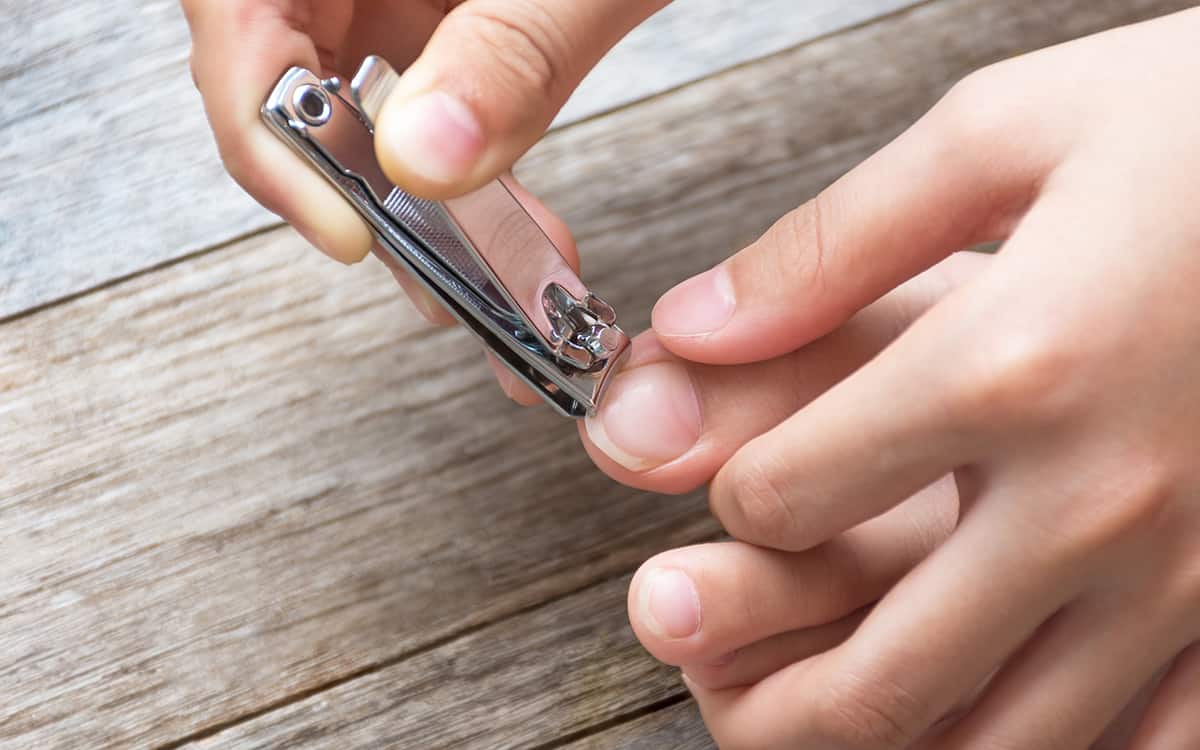Contents:
- Medical Video: Translational traps: sex and aging in stroke research stroke research
- Common problems that affect sex life after a stroke
- 1. Fear of having another stroke
- 2. Decreased libido
- 3. Paralysis
- 4. Depression
- 5. Damage to the brain area that regulates skes
- How do you improve your sexual life after a stroke?
Medical Video: Translational traps: sex and aging in stroke research stroke research
Sex life after a stroke can be depressing. This is despite the fact that strokes are rarely a direct cause of sexual dysfunction. However, the stress caused by a stroke is a difficulty many couples face. Stress begins shortly after patients and their partners leave the hospital, and are helpless to see the lives of those faced with new challenges such as studying complex medical navigation systems, dealing with the ins and outs of insurance policies, physical therapist schedules, occupational therapists, doctor examinations, and get used to reviewing files that feel strange.
Inevitably, this new challenge can affect romantic relationships, not to mention the presence of physical and mental disabilities caused by the stroke itself that can change partner interactions. Like it or not, the dynamics of sex change, at least temporarily, with problems such as aphasia (inability to speak or understand spoken language), hemiplegia (paralysis of one side of the body usually involving the face, arms and legs), or hemiparesis.
Together with some of the elements described below, this challenge can disrupt the intimate relationship of stroke patients, unless he is ready to face a new sex life after a stroke.
Common problems that affect sex life after a stroke
Stroke is almost never a direct cause of sexual dysfunction. Instead, there seems to be a time of adaptation after a stroke in which sex life is delayed. Studies show that this is a temporary stage. For example, one study found that 80% of men who reported erectile dysfunction after a stroke would return to normal functioning suddenly a few months later.
However, sufferers may also continue to suffer from sexual dysfunction for years after a stroke. Here is a short list of some of the most common reasons:
1. Fear of having another stroke
Many people believe that after a person has a stroke, passion for sexual activity can cause another stroke. But don't worry, this rarely happens. On rare occasions, patients with advanced heart disease may be asked by a doctor to minimize physical stress on the heart (including sex) to prevent a heart attack. Limited sexual activity is also recommended when a person is about to undergo surgery to repair a large aneurysm, or rupture of a blood vessel. This is done to avoid sex so as not to cause an increase in blood pressure which might cause blood vessels to rupture and bleed. Apart from these cases, there are almost no clear medical reasons for not having sex.
Unfortunately, several studies show that fear is one of the most common causes of sexual dysfunction among stroke patients. One study, for example, shows that up to 50% of patients who recover from stroke limit their sexual activity for fear that it might harm them. Furthermore, most couples from stroke sufferers also report being afraid to start sex for fear that their partners might suffer another stroke.
2. Decreased libido
Decreasing libido after stroke is common due to a number of psychological factors, including low self-esteem, uncertainty about the future of the relationship, being busy with financial problems, and difficulties in accepting a new life that has now become disabled. Or, a decrease in libido can be caused by several drugs including antidepressants, and high blood pressure drugs (for example, beta-blockers).
3. Paralysis
Stroke can affect the area of the brain that controls the movement of the arms and legs, thus preventing couples from reaching the sexual position they enjoy most. Of course some people are more affected by this than others, depending on the level of brain damage caused by stroke, and the sexual ability of the partner before getting a stroke.
4. Depression
Some studies show that depression inhibits sex after stroke by affecting both stroke patients and their partners. But there are questions, does depression really hinder sex, or is it because some stroke patients who suffer from depression are prescribed antidepressant drugs, one of which is a decrease in libido?
5. Damage to the brain area that regulates skes
As stated above, strokes are rarely the direct cause of sexual dysfunction. However, some strokes can affect sensations in the genital area, which causes a person to feel numbness around their genitals. Of course, one of these cases will make sex difficult. Stroke that affects the hypothalamus, the brain region that controls sexual hormones, can also affect one's sexual desire. In some rare cases, stroke can also cause an increase in sexuality, or unusual sexual behavior.
How do you improve your sexual life after a stroke?
Sex therapy is the most effective way to improve sex after a stroke. However, the cost of this therapy is quite expensive, and this facility is not easily found in Indonesia.
Another effective way is to openly communicate with your partner. Let him know all your worries.
Ask your doctor whether it is possible to change your treatment, which can affect your sex drive. Even though you still have to try to restore body function every day, you must understand that accepting your "disability" is an important first step to rebuilding your sexual life. Be bolder and explore your sexuality in a new way whether you do this yourself or with a partner.
READ ALSO:
- Young People Have Stroke, What Is The Cause?
- Silent Stroke: No Symptoms, But Dangerous
- 10 Your Warning Signs If You Are at Risk of Stroke












